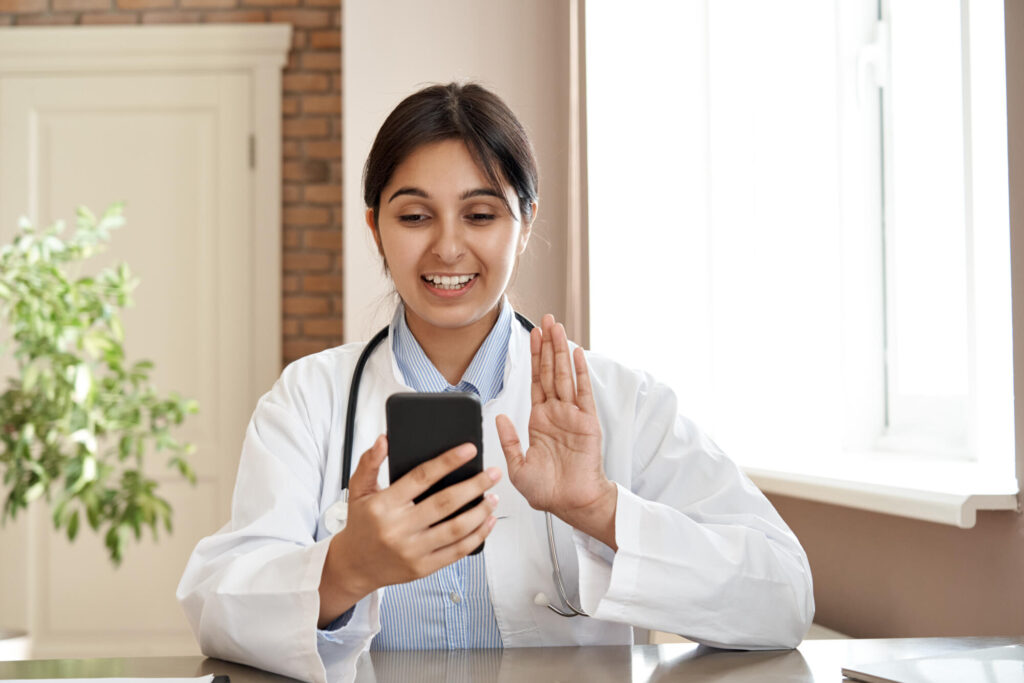As people live longer, it’s more important than ever to find better ways to care for older adults. Mobile health-often called mHealth-is helping seniors stay healthy, safe, and independent. Thanks to new technology, elderly people can now get the care they need without always having to visit a doctor’s office or hospital.
In this blog, we delve into the fascinating world of mobile health and explore how it is shaping the future of elderly care. Read on.
Easy-to-Use Wearable Devices
One of the biggest changes in elderly care is the rise of wearable devices like smartwatches and fitness trackers. These tools do much more than count steps. They can check heart rate, track sleep, detect falls, and even run simple heart tests like ECGs.
For older adults with long-term health problems like high blood pressure or diabetes, these devices can send updates straight to doctors. This means problems can be spotted early, before they become serious.
Checking Health from Home
Another major improvement is remote patient monitoring, or RPM. With tools like wireless blood pressure monitors, glucose meters, and oxygen sensors, seniors can keep track of their health at home. These readings are sent to their healthcare providers, who can watch for changes.
This makes it easier to stay on top of health issues, without needing as many in-person visits. It also gives seniors peace of mind, knowing someone is keeping an eye on their health.
Helpful Apps for Daily Support
Health apps on phones and tablets are also becoming popular among older adults. Many of these apps are easy to use, even for those who aren’t very comfortable with technology. They can send medication reminders, book video calls with doctors, offer brain games, and help track pain or symptoms.
Some apps are designed for specific issues like memory loss or joint pain. They even offer tips for caregivers, helping families take better care of their loved ones.
Smarter Care with Artificial Intelligence
Artificial intelligence (AI) is making these tools even smarter. For example, AI can look at patterns in walking or sleep and warn if a senior might be at risk of falling or getting sick.
Some apps use AI chatbots to answer health questions right away. This means seniors can get basic help any time of day-without having to wait on hold for a doctor’s office.
Virtual Doctor Visits
Telehealth-talking to doctors over video-has become a game-changer, especially for people in rural areas. It saves time and energy, and can be much easier for people who have trouble traveling. Many telehealth systems now connect directly to a patient’s health records, so doctors have all the information they need in one place.
Looking Ahead
Of course, there are still challenges. It’s important to keep personal health data safe and make sure all seniors can afford and understand how to use these tools.
Training and support are key. Visit some facilities to learn more about new tech in compassionate care for senior residents.
Use These New Tech for Mobility Health
Mobile health is changing elderly care for the better. With the right tools and support, older adults can live safer, healthier, and more independently lives. As technology keeps improving, it will continue to make aging easier for both seniors and their families.
If you want to read more articles, visit our blog.







